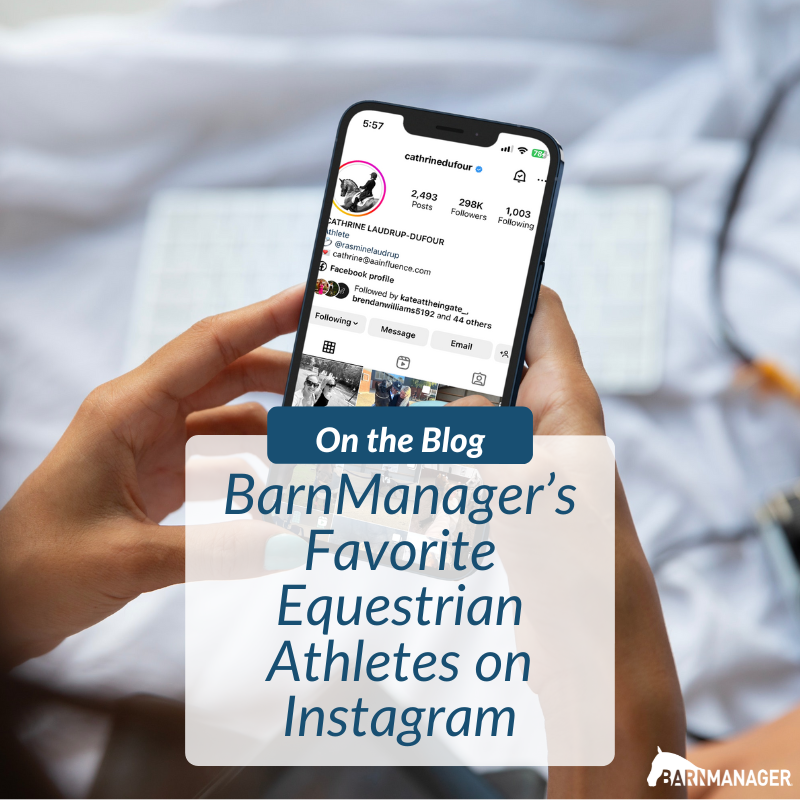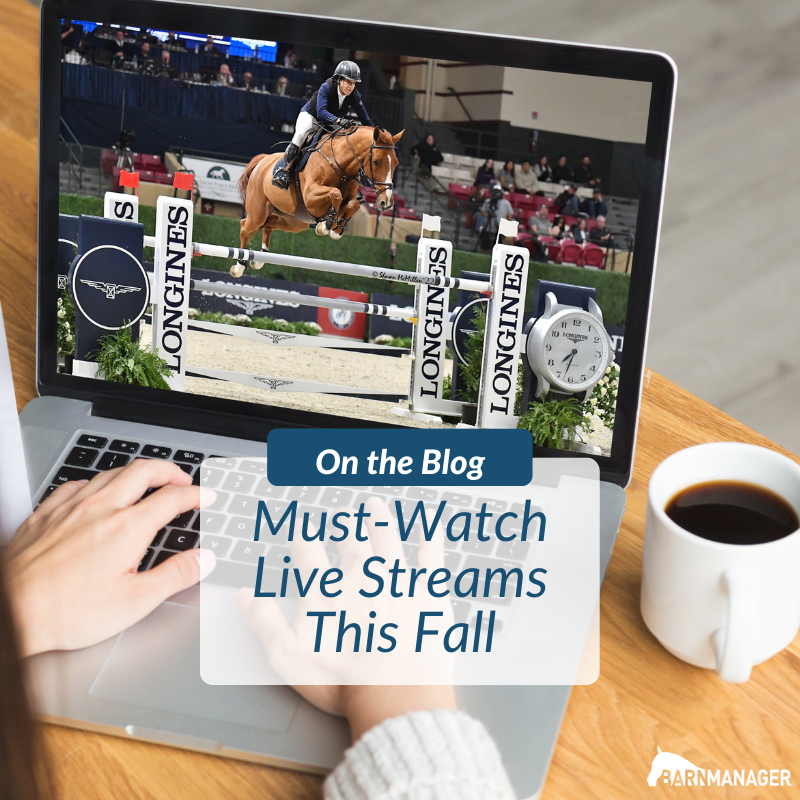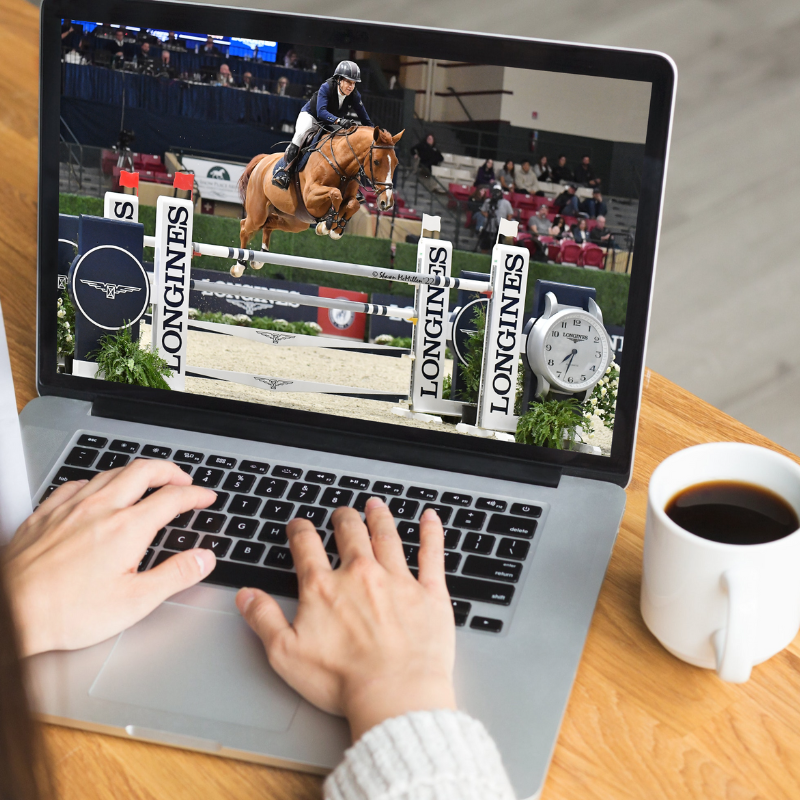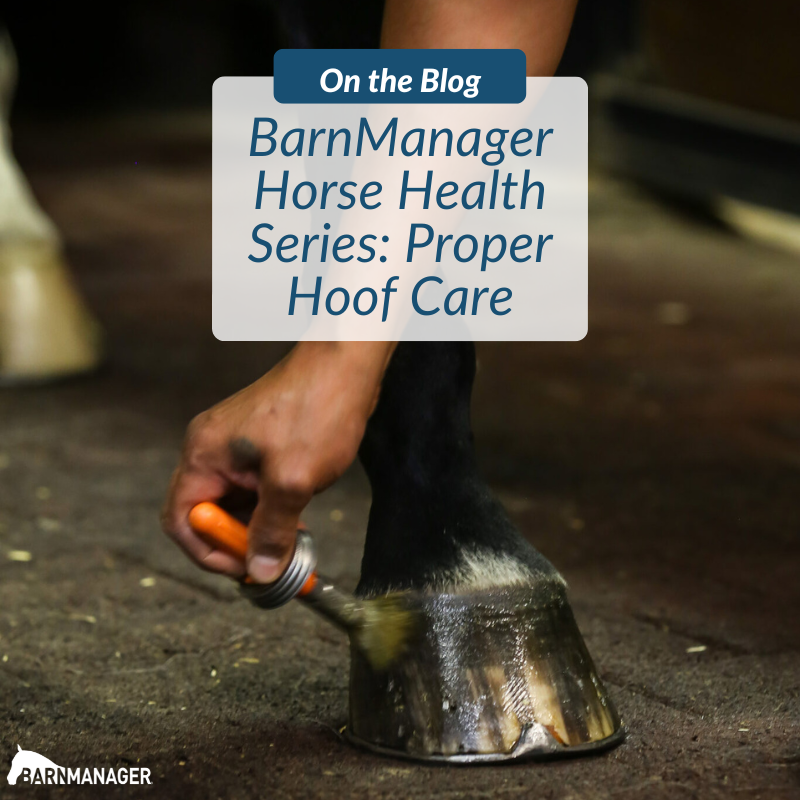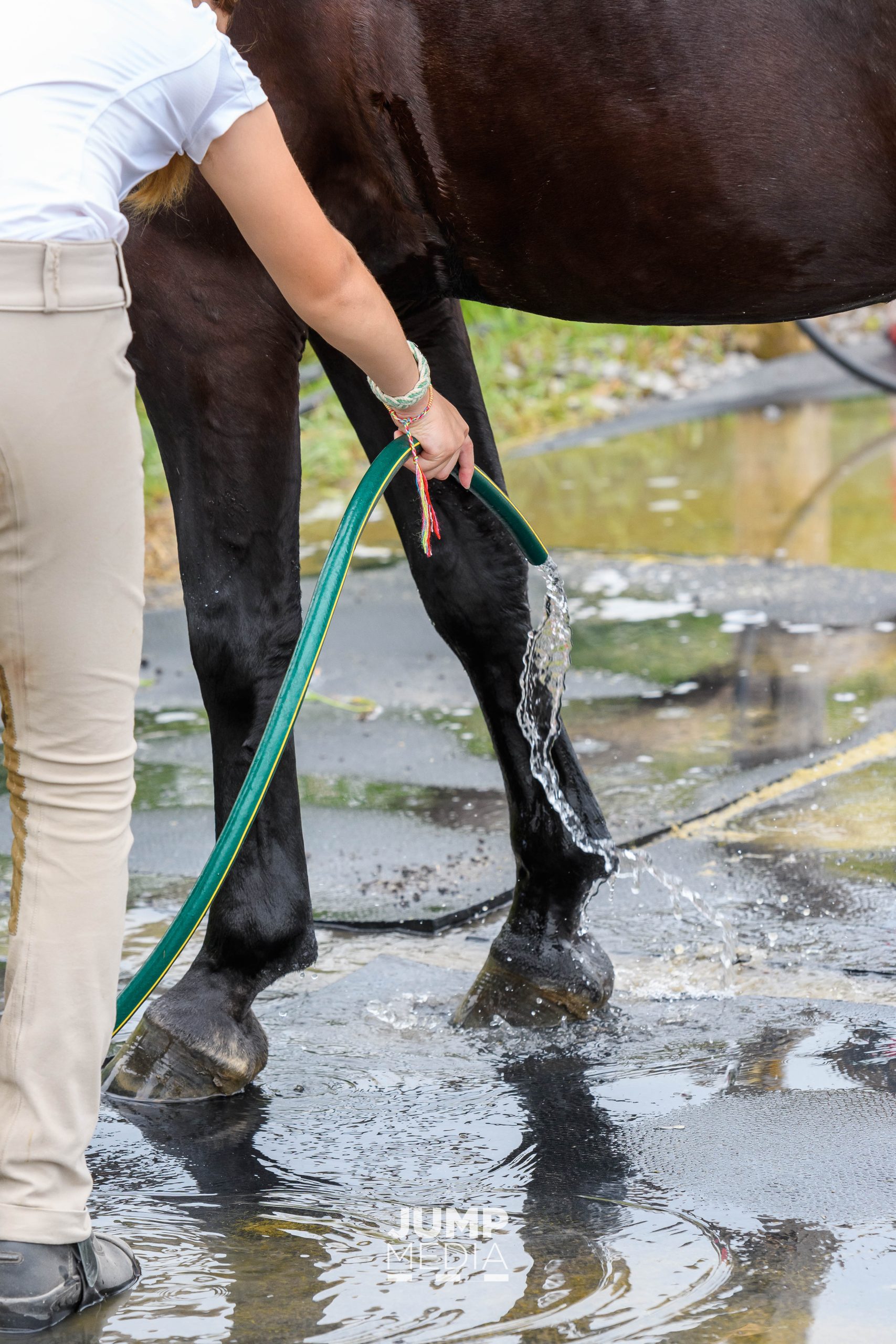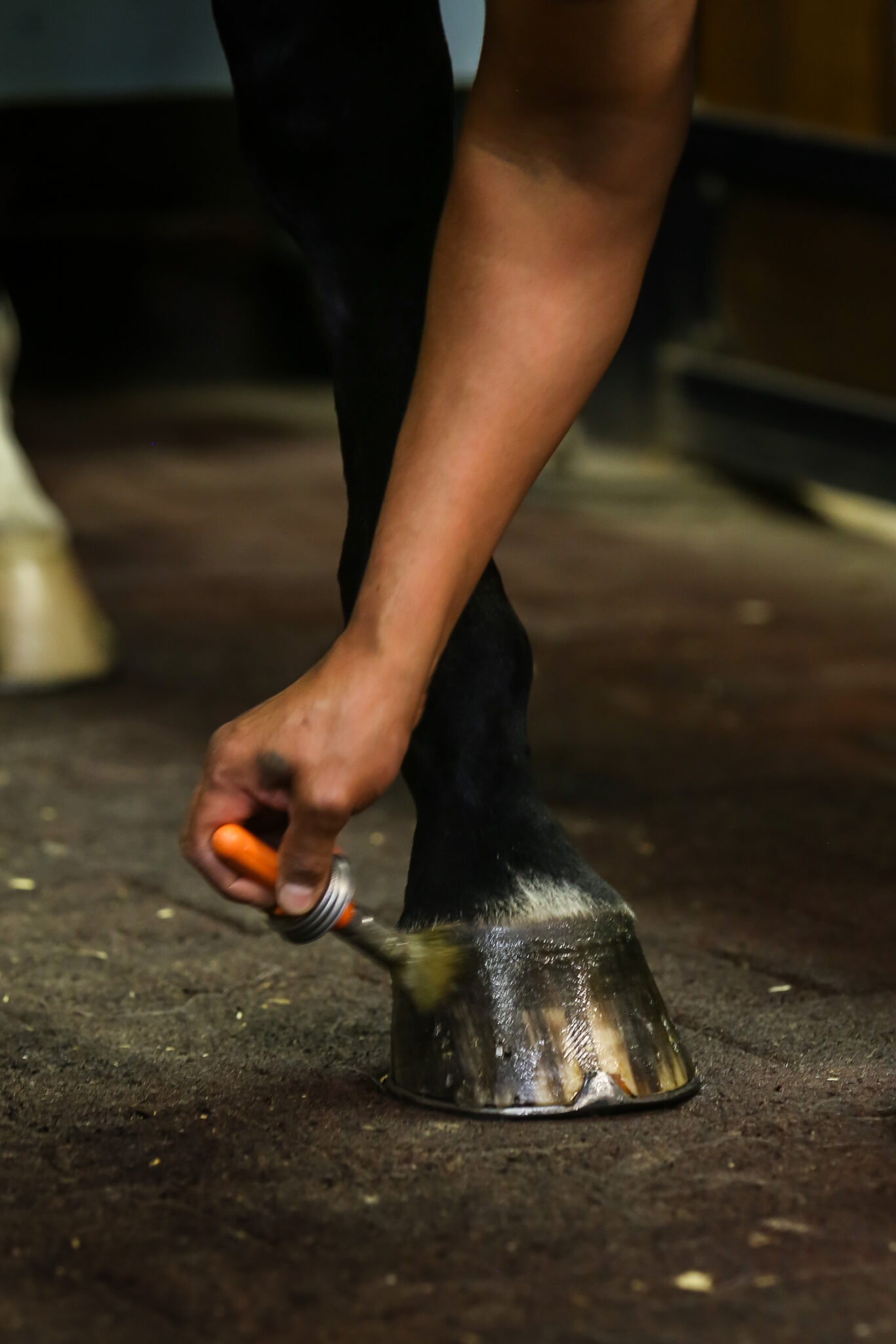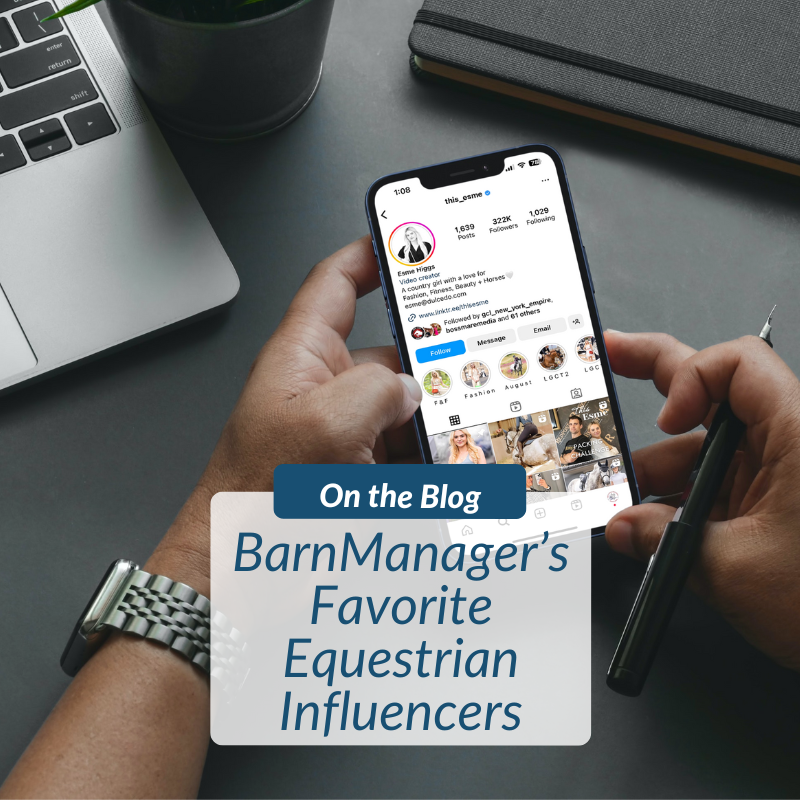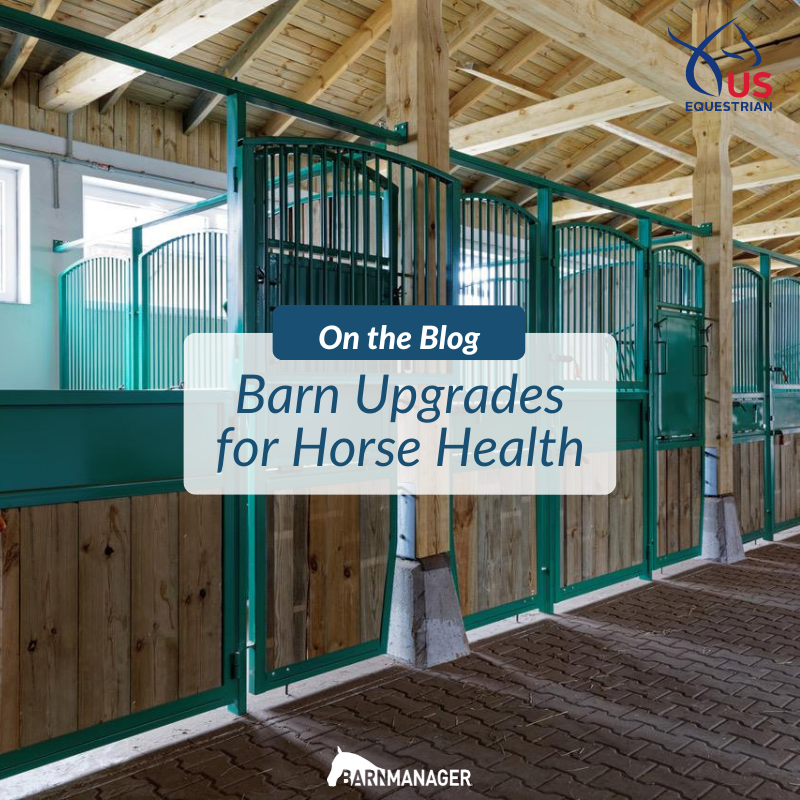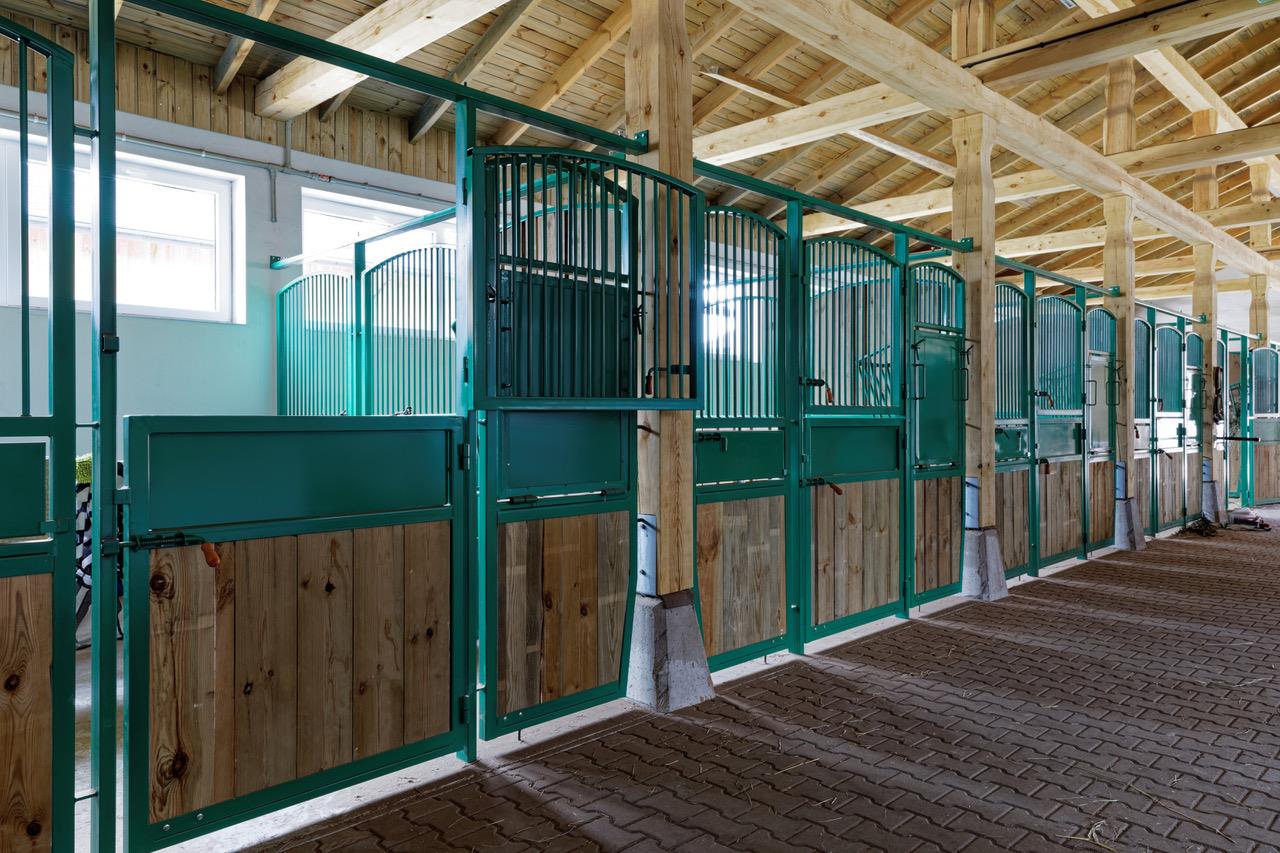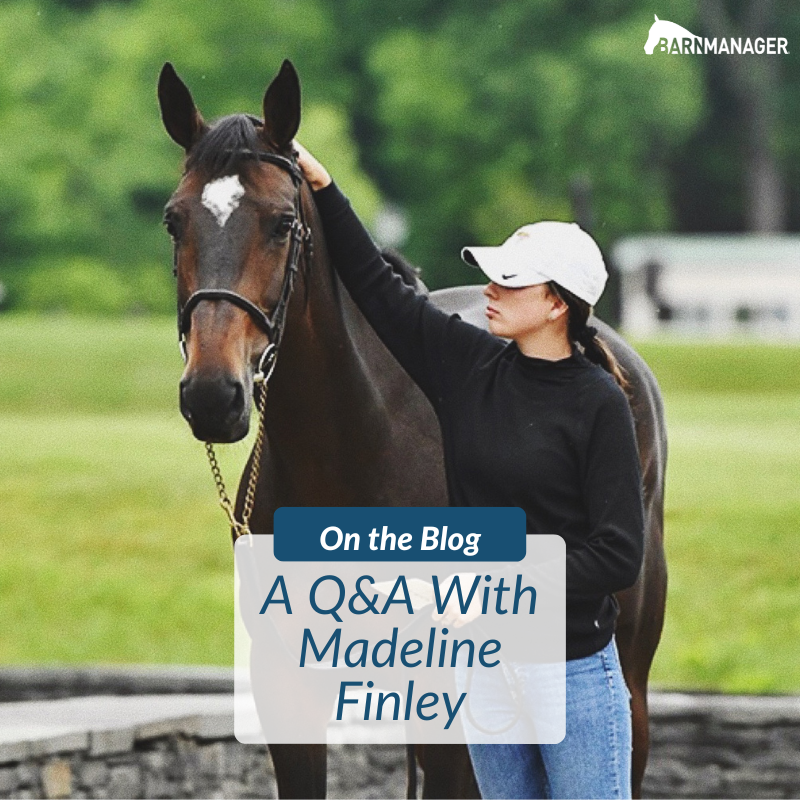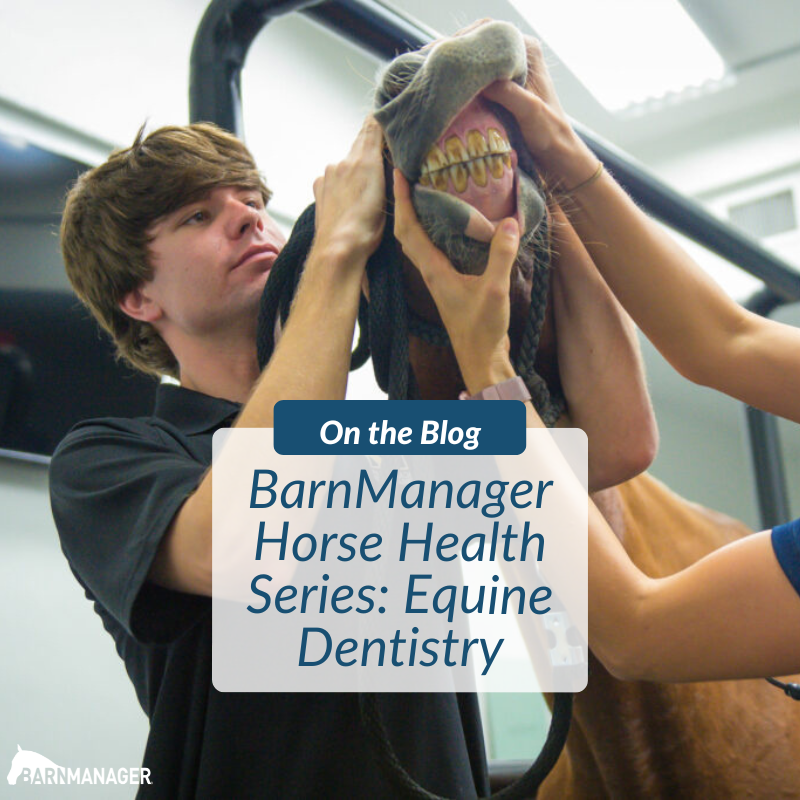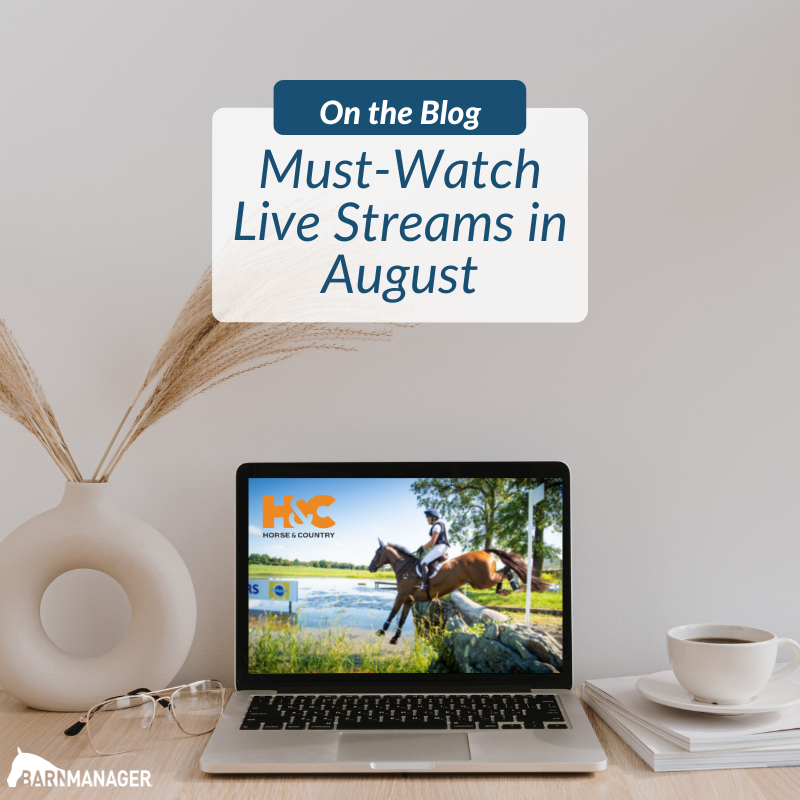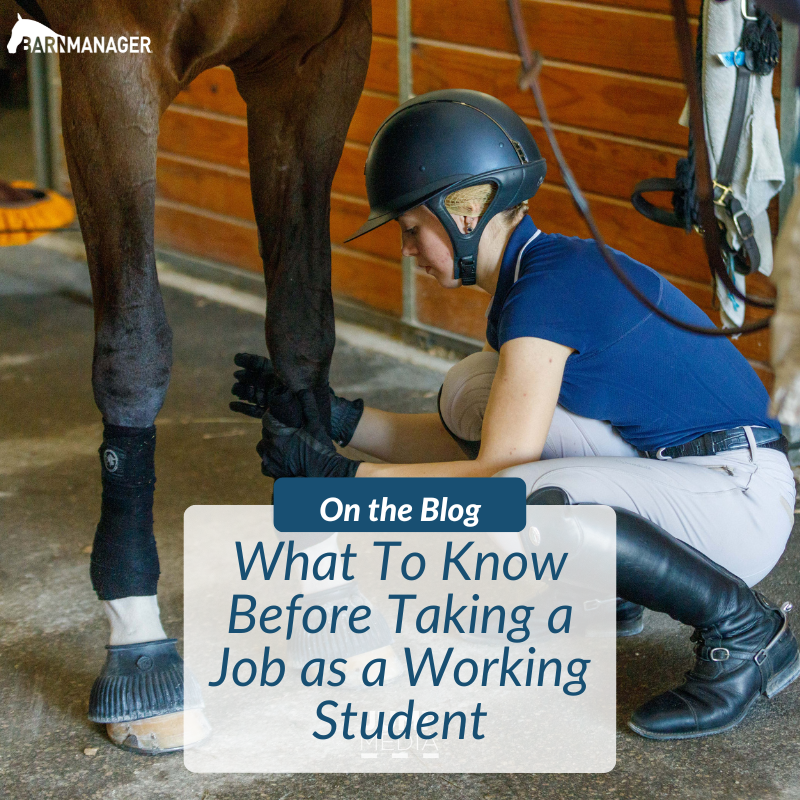Equestrian athletes live exciting lives so it is always fun to follow along with them on Instagram to keep up with their busy schedules. The most entertaining accounts include riders who post additional content besides competition photos such as behind-the-scenes looks at their farms, training tips, their go-to brands, and family photos. Continue reading for a list of BarnManager’s favorite equestrian athletes to follow on Instagram.
@edwinatopsalexander
Edwina Tops-Alexander
Edwina Tops-Alexander is an Australian Olympic show jumping athlete. In addition to competition highlights, her Instagram features posts about training exercises, traveling with her family, her favorite jewelry and clothing, and more.
@georginabloomberg
Georgina Bloomberg
In addition to being a top United States show jumping athlete, Georgina Bloomberg is an author, animal activist, and mother. Georgina shares a variety of posts including her world travels, special moments with her son, her rescue dogs, and fun shots from her Global Champions League team New York Empire showing on the Longines Global Champions Tour circuit.
@anna_buffini
Anna Buffini
Anna Buffini is an up-and-coming United States dressage rider. On her Instagram, Anna shares memorablemoments with her top mount FRH Davinia la Douce, her go-to fitness routines at the gym, videos of her training her horses at home, and horse show highlights.
@mrtankcook
Karl Cook
Karl Cook is a United States show jumping athlete based in California. Karl is known for his “Walking and Talking” videos, which feature him reviewing his competition rounds, sharing his opinions and insights, what he has learned throughout his career, and discussing topics related to the equestrian world.
@archiecox3
Archie Cox
Archie Cox is a respected hunter, jumper, and equitation trainer who has taught many of the nation’s top horses and riders. Archie’s Instagram features fun throwback photos of his own competition days, horsemanship and riding tips, proud trainer moments, and inspirational quotes.
@cathrinedufour
Cathrine Dufour

Cathrine Dufour is a Danish Olympic dressage rider. Cathrine shares posts from her travels, what she is working on while training at home, fun shots around the barn, and more.
@double_h_farm
Double H Farm
At Double H Farm, owned by the Harrison Family, professional rider Quentin Judge provides hunter, jumper, and equitation training. The barn’s Instagram account shares competition highlights, photos of Quentin’s kids around the barn, fun candid and team shots, throwback videos and photos of their top horses competing, and more.
@boydmartineventing
Boyd Martin
Boyd Martin is an Olympic eventing athlete for the United States. On his Instagram, Boyd shares photos of his family, competition reels, scenes from the course walk and jog at horse shows, and videos of him training at home.
@laurensprieser
Lauren Sprieser
Lauren Sprieser is a dressage rider from the United States. Her Instagram is a combination of training photos, #TipTuesday posts, and competition shots.
@jessicaspringsteen
Jessica Springsteen
Jessica Springsteen is an Olympic show jumping athlete from the United States. Jessica’s Instagram includes impressive competition highlights from horse shows around the world, cute behind-the-scenes shots at the barn, photos of the Tommy Hilfiger Equestrian line, and more.
